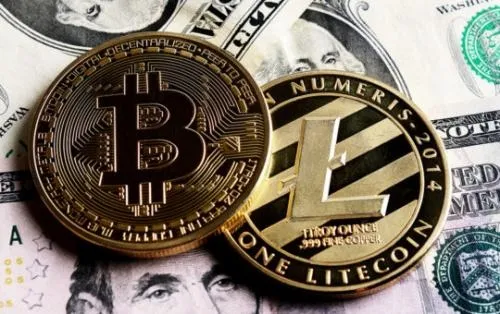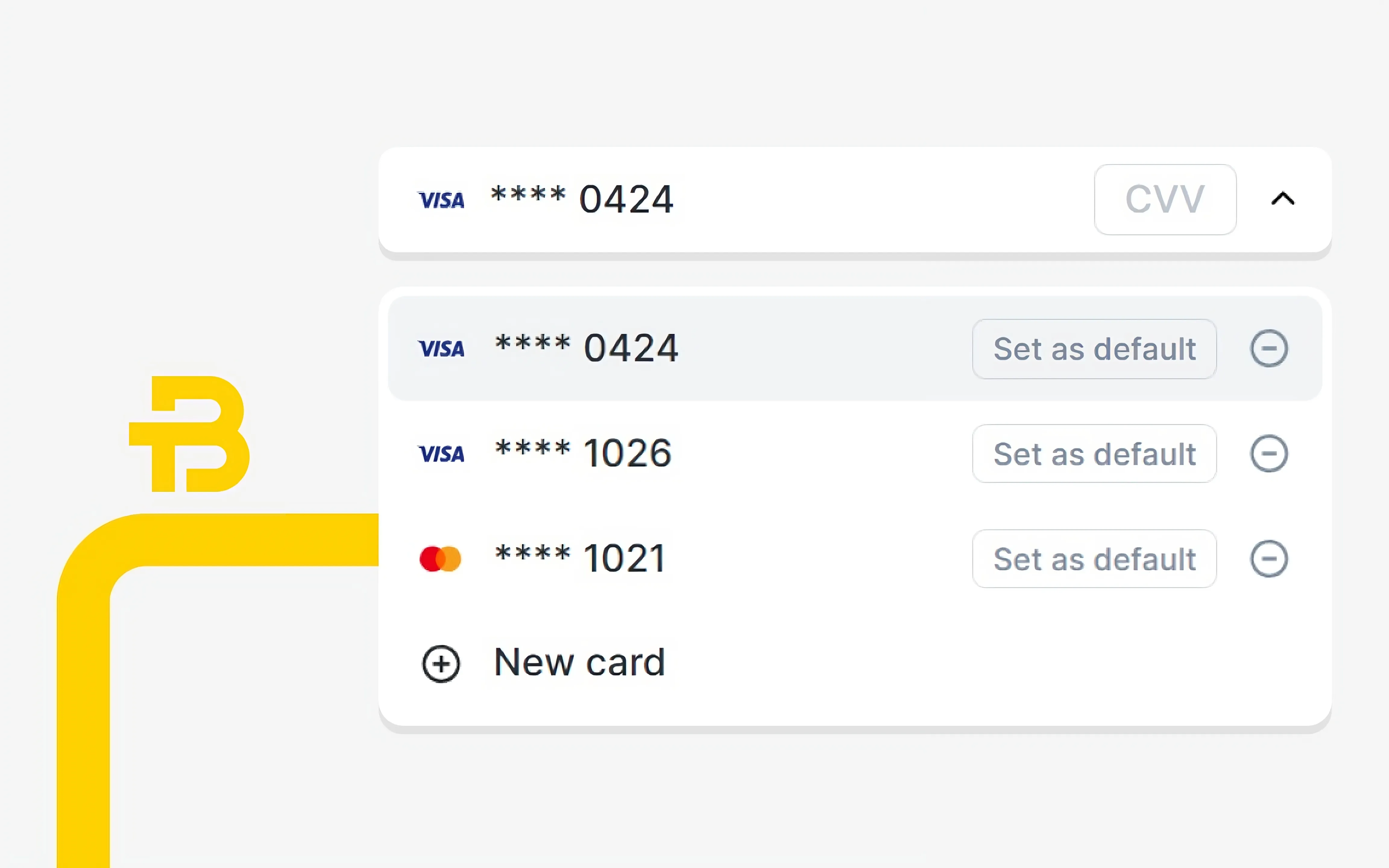
∙ Articles
Is Litecoin better than Bitcoin?
4 min
The use of cryptocurrency has become popular over the past few years. Interestingly, most of the attention has been on Bitcoin since its release in 2009. Since then, however, several other cryptocurrencies have emerged and have started to gain some prominence, this article seeks to explore what the difference between Bitcoin and Litecoin a relatively newer cryptocurrency, is.
Most users of cryptocurrency have started to pay attention to Litecoin. Developers of the cryptocurrency have stated that they plan to create ‘silver’ in an industry where Bitcoin is ‘gold’.
At first glance, Bitcoin and Litecoin are very similar. Although different, both share the basic features of cryptocurrencies. Typical currencies depend on political and legal regulatory mechanisms for their values, cryptocurrencies, on the other hand, depend on the cryptographic strength of the network of users. However, apart from the general features of cryptocurrencies, here are some differences between Bitcoin and Litecoin.
Bitcoin vs. Litecoin: An Overview
Bitcoin is currently one of the most valued cryptocurrencies with a market capitalization value of $150 billion as of October 2019. Interestingly, this same value was barely $42,000 in July 2010. However, a major difference between Litecoin and Bitcoin is the total number of coins producible for each cryptocurrency. However, there are other differences between both cryptocurrencies.
As mentioned, a major difference between Litecoin and Bitcoin is the total number of coins that both cryptocurrencies can produce. While bitcoin can never exceed 21 million coins, Litecoin can go as high as 84 million coins. Although this sounds like an advantage of Litecoin, there is no significant difference from a practical perspective. This is because both cryptocurrencies can be divided into almost infinitesimal amounts. Users can transfer as low as 0.00000001 Bitcoins. The implication of this is that users of both currencies should not have any problem using the currencies in purchasing low-priced goods.
While the higher number of Litecoins makes it seem like a better alternative, it currently has a smaller price for a single unit. Although there are prospects that the transactions in Litecoins would be carried in whole units rather than in fractions of the unit. This can be a major advantage for Litecoin eventually.
Key Differences
Assessing it technically, carrying out transactions on both Bitcoin and Litecoin are instant and do not require any lag time. Even though, it might take some time to confirm the transaction on the other user. It is currently estimated that the long-term average time for transactions is 10 minutes. For Litecoin, this average time is 2.5 minutes. This implies that it might take a Bitcoin user four times as long for confirmation on the same transaction as a Litecoin user. However, some merchants simply accept transactions without confirming.
Special Considerations
The most basic and notable technical difference between Bitcoin and Litecoin is the difference in the cryptographic algorithms that both platforms use. Bitcoin uses the longstanding SHA-256 algorithm. Litecoin, on the other hand, uses a relatively newer algorithm called Scrypt. The implication of these different algorithms is on the process of mining new coins. Both mining processes of Bitcoin and Litecoin require appreciable computing skills. Miners of both coins commit to the process of allocating computing resources to confirming transactions carried out by other users. These miners then receive units of the mined cryptocurrency after this process.
The most common method of mining Bitcoin involves the use of the Application-Specific Integrated Circuits (ASICs). These hardware systems are not like the typical CPUs and GPUs found in most PCs. Although, these can also be tailor-made to suit the mining-process of Bitcoins.
Scrypt, which is used in mining Litecoin, is less susceptible to the custom hardware solutions used in ASIC-based mining. This means that Litecoin is more accessible to users who want to be miners.
Here are some important points to note as regards the Bitcoin and Litecoin:
• Bitcoin has been a major cryptocurrency since its discovery in 2009, however, several other cryptocurrencies including Litecoin now exist alongside Bitcoin.
• Litecoin's market cap is currently less than $4 billion, while Bitcoin's is over $150 billion.
• Litecoin has a faster transaction speed than Bitcoin and can also produce a higher number of coins than Bitcoin even though this does not directly affect the value of the currency.
• Litecoin and Bitcoin use different cryptographic algorithms at the fundamental level: Bitcoin utilizes the SHA-256 algorithm while Litecoin uses Scrypt, which is a relatively newer algorithm.
Although Bitcoin is already established among users of cryptocurrencies, they use of Litecoin also seems to be on the rise. A lot of users, as a matter of fact, refer to Bitcoin and Litecoin as the gold and silver of the cryptocurrency space. Therefore, it is important that users become familiar with both cryptocurrencies, particularly for people interested in investing.
Most users of cryptocurrency have started to pay attention to Litecoin. Developers of the cryptocurrency have stated that they plan to create ‘silver’ in an industry where Bitcoin is ‘gold’.
At first glance, Bitcoin and Litecoin are very similar. Although different, both share the basic features of cryptocurrencies. Typical currencies depend on political and legal regulatory mechanisms for their values, cryptocurrencies, on the other hand, depend on the cryptographic strength of the network of users. However, apart from the general features of cryptocurrencies, here are some differences between Bitcoin and Litecoin.
Bitcoin vs. Litecoin: An Overview
Bitcoin is currently one of the most valued cryptocurrencies with a market capitalization value of $150 billion as of October 2019. Interestingly, this same value was barely $42,000 in July 2010. However, a major difference between Litecoin and Bitcoin is the total number of coins producible for each cryptocurrency. However, there are other differences between both cryptocurrencies.
As mentioned, a major difference between Litecoin and Bitcoin is the total number of coins that both cryptocurrencies can produce. While bitcoin can never exceed 21 million coins, Litecoin can go as high as 84 million coins. Although this sounds like an advantage of Litecoin, there is no significant difference from a practical perspective. This is because both cryptocurrencies can be divided into almost infinitesimal amounts. Users can transfer as low as 0.00000001 Bitcoins. The implication of this is that users of both currencies should not have any problem using the currencies in purchasing low-priced goods.
While the higher number of Litecoins makes it seem like a better alternative, it currently has a smaller price for a single unit. Although there are prospects that the transactions in Litecoins would be carried in whole units rather than in fractions of the unit. This can be a major advantage for Litecoin eventually.
Key Differences
Assessing it technically, carrying out transactions on both Bitcoin and Litecoin are instant and do not require any lag time. Even though, it might take some time to confirm the transaction on the other user. It is currently estimated that the long-term average time for transactions is 10 minutes. For Litecoin, this average time is 2.5 minutes. This implies that it might take a Bitcoin user four times as long for confirmation on the same transaction as a Litecoin user. However, some merchants simply accept transactions without confirming.
Special Considerations
The most basic and notable technical difference between Bitcoin and Litecoin is the difference in the cryptographic algorithms that both platforms use. Bitcoin uses the longstanding SHA-256 algorithm. Litecoin, on the other hand, uses a relatively newer algorithm called Scrypt. The implication of these different algorithms is on the process of mining new coins. Both mining processes of Bitcoin and Litecoin require appreciable computing skills. Miners of both coins commit to the process of allocating computing resources to confirming transactions carried out by other users. These miners then receive units of the mined cryptocurrency after this process.
The most common method of mining Bitcoin involves the use of the Application-Specific Integrated Circuits (ASICs). These hardware systems are not like the typical CPUs and GPUs found in most PCs. Although, these can also be tailor-made to suit the mining-process of Bitcoins.
Scrypt, which is used in mining Litecoin, is less susceptible to the custom hardware solutions used in ASIC-based mining. This means that Litecoin is more accessible to users who want to be miners.
Here are some important points to note as regards the Bitcoin and Litecoin:
• Bitcoin has been a major cryptocurrency since its discovery in 2009, however, several other cryptocurrencies including Litecoin now exist alongside Bitcoin.
• Litecoin's market cap is currently less than $4 billion, while Bitcoin's is over $150 billion.
• Litecoin has a faster transaction speed than Bitcoin and can also produce a higher number of coins than Bitcoin even though this does not directly affect the value of the currency.
• Litecoin and Bitcoin use different cryptographic algorithms at the fundamental level: Bitcoin utilizes the SHA-256 algorithm while Litecoin uses Scrypt, which is a relatively newer algorithm.
Although Bitcoin is already established among users of cryptocurrencies, they use of Litecoin also seems to be on the rise. A lot of users, as a matter of fact, refer to Bitcoin and Litecoin as the gold and silver of the cryptocurrency space. Therefore, it is important that users become familiar with both cryptocurrencies, particularly for people interested in investing.
Other news
More newsOne Single Step
Learn more
Registration
You only need to enter your email and password, no additional data. Instant registration.
**********



